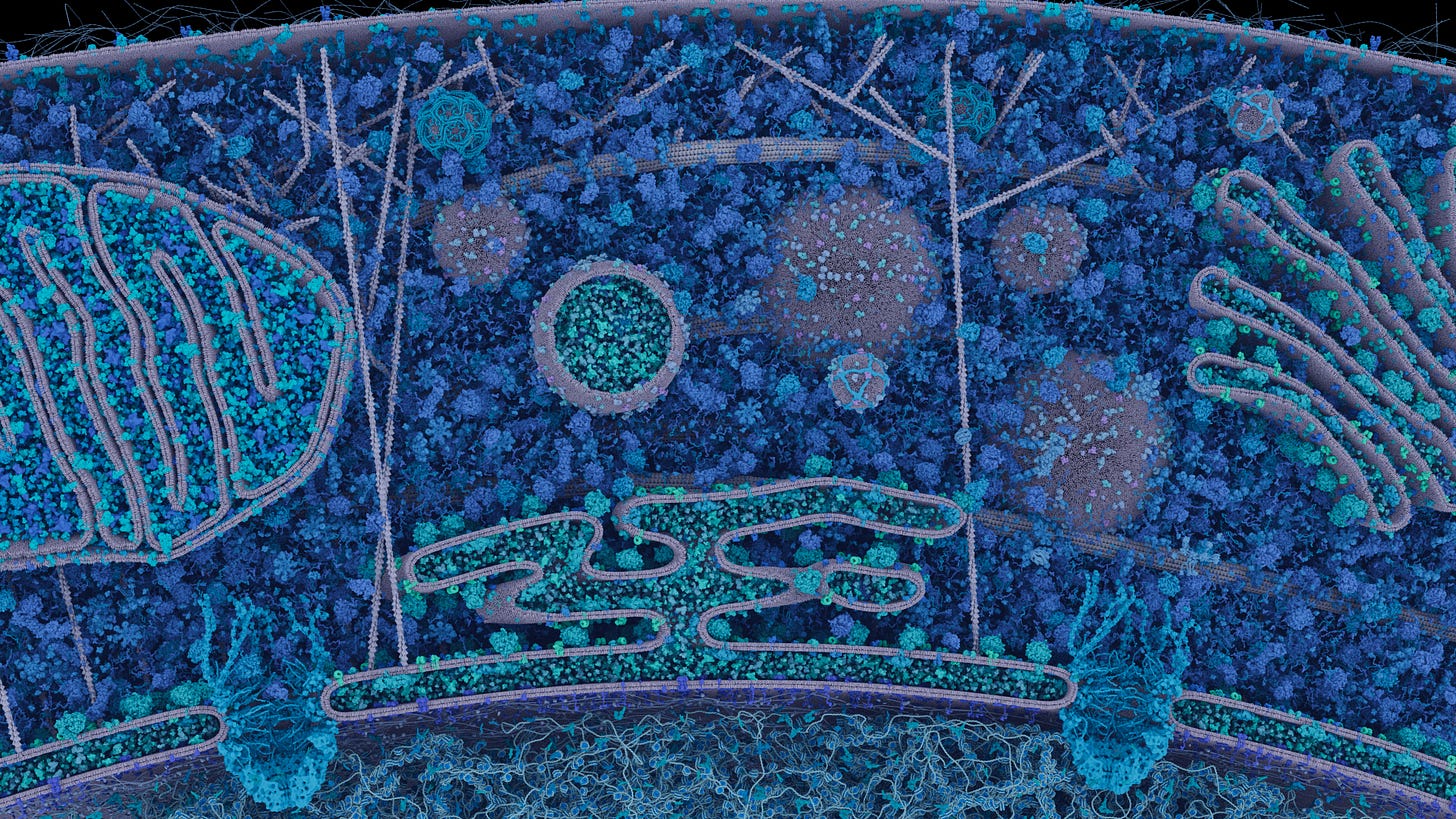I have signed with W. W. Norton to write a new General Biology textbook for majors.
This is work I’m really excited about because I’ve been frustrated for years with the textbooks that are currently available for General Biology. There are numerous calls to action in the Biology Education community to teach fewer details, focus more on core concepts, and incorporate more scientific reasoning into the biology curriculum – all of which I agree with! But I’ve found it really hard to teach this way using current General Biology textbooks, which tend to be massive compendia of facts and concepts that sideline scientific reasoning to the first chapter or to “discovery boxes” outside of the main text.
In search of a good General Biology textbook, I have used 4 different textbooks since I started teaching Gen Bio in 2013. None of them hit the mark on balancing facts and concepts with scientific reasoning at a level that I felt was appropriate for my (mostly community college) students.
Eventually, in 2022 I quit using textbooks altogether and developed my own curriculum. That curriculum laid the groundwork for our textbook’s overarching vision.
Do we really need another General Biology textbook?
My co-author, Gaël McGill, and I think so. Gaël is a scientific visualizations and storytelling expert1 and we think our new book will serve students better than anything currently available. Here’s how:
Less stuff, more science.
Current General Biology textbooks sideline scientific reasoning to focus on discrete details and facts. In our textbook, we emphasize core biology concepts in concert with scientific reasoning competencies through data-centered narratives.
A narrative-driven approach.
Each of our 8 Units centers on a compelling narrative that ties the chapters together. Rather than present scientific topics as strictly discrete sub-disciplinary units (i.e. cell biology, evolution, etc.), we explore the topics that relate to each Unit’s central narrative, integrating concepts from across the discipline.
Learning through repetition.
Our narrative approach lets us revisit core concepts in varied contexts to reinforce essential ideas. We offer optional “primers” that summarize key ideas from previous chapters to support application of prior concepts in new contexts.
Approachability.
We intentionally use a conversational style of writing to make the text approachable. Jargon is introduced judiciously, and data figures are carefully explained to scaffold data and visual literacy. We assume no biology background of our readers.
Centering diversity, equity & inclusion.
Our narratives center people and scientists from diverse backgrounds, and we carefully address controversial topics in society like the apparent conflict between evolution and religion, the lack of a genetic basis for race, and others.
Engaging students at every stage of the learning process.
We provide multiple ways for students to thoughtfully engage with the material during the learning process:
with interactive questions throughout the chapter that provide immediate feedback,
through a rich collection of online homework questions that scaffold students’ integration of core concepts and competencies,
by providing chapter-relevant active learning activities in an instructor-only version, we make it easy for instructors to employ classroom activities that support deeper learning.
Cutting-edge multimedia in a unified digital experience.
Our digital-first text will seamlessly integrate scientifically accurate multimedia designed to meet learning objectives and support diverse learners.

I’m really, really excited about our textbook. I think a textbook that does all these things will help students be better prepared for future biology classes, will help students be better informed citizens, and will engage and retain more students from diverse backgrounds. I can’t wait to see it in action.
If you want to stay in the loop about our textbook, you can sign up here to receive email updates, review opportunities, exclusive previews of the material, and to join our Early Access Instructor group for the text.
Why I’m not teaching right now
I’m taking a “sabbatical” from teaching this year as we get this project off the ground. The textbook is expected to be a five-year(-ish) project, and I absolutely think it’s critical for me to be in the classroom as I write. Working closely with students makes me a better author because I have a better sense of their questions, preconceptions, interests, and more. So I definitely want to be in the classroom as I work on this project.
But for this first year, as I figure out what my writing and researching rhythms look like, I appreciate having the opportunity to focus solely on the textbook. (It’s also been deliciously nice to have time to exercise every day!) 10/10 recommend taking a sabbatical to those who have that option.
(It’s worth noting that I’m calling it a “sabbatical,” but really I’m just taking time off from teaching. Because I teach as an adjunct, I have the flexibility to simply not take on a new contract for one or two semesters. [This opportunity brought to you by the privilege of having a life partner who can financially support our family.])
Stay tuned for more! This is going to be an exciting adventure.
Excited about our textbook and want to receive email updates, review opportunities, exclusive previews of the material, and/or to join our Early Access Instructor group for the text? Sign up here!
Check out Gaël’s team’s stunning multimedia repertoire at https://digizyme.com/portfolio.html



